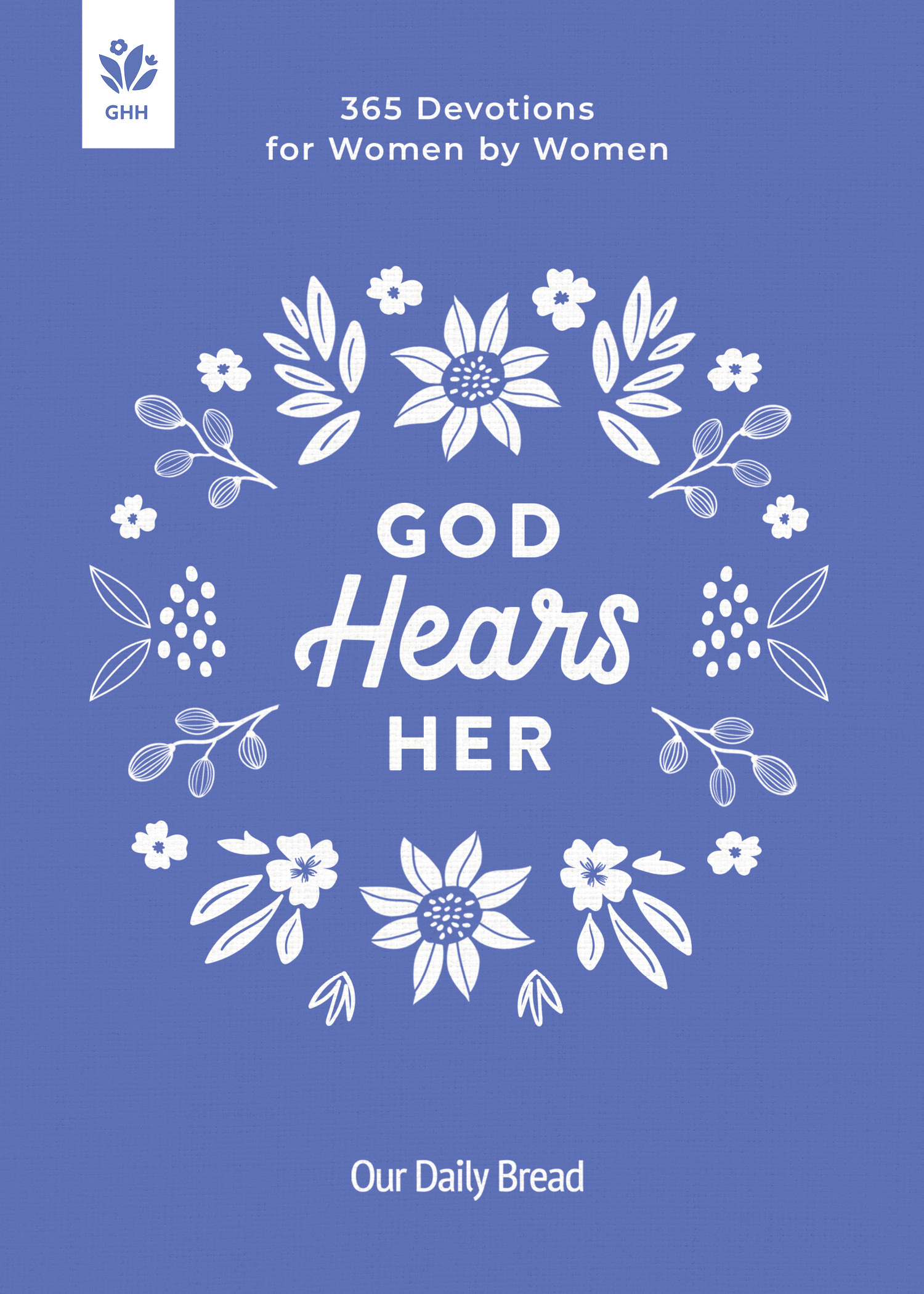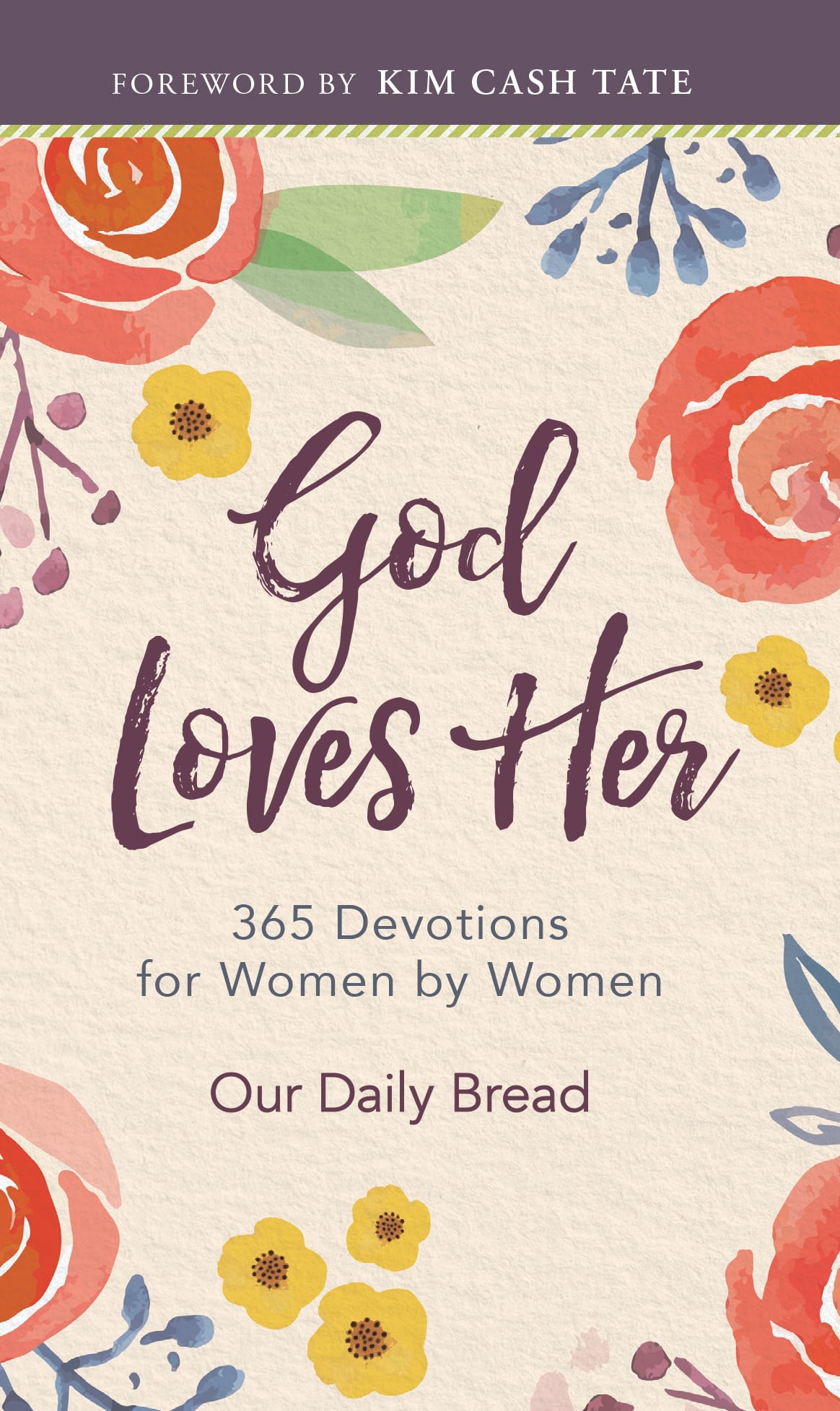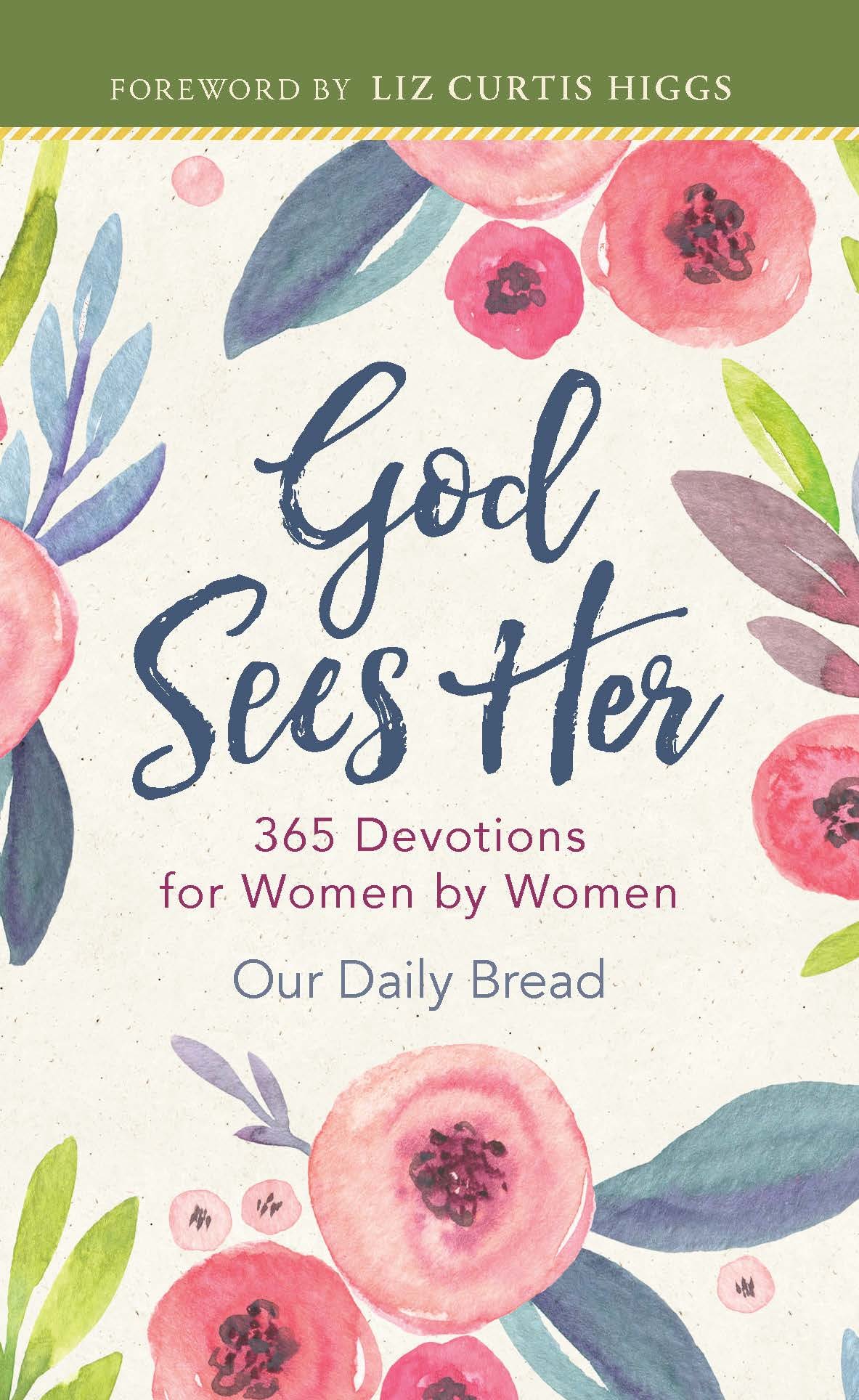The high school youth group I attended with my boyfriend before I became a Christian was at one point studying the book of Job. I couldn’t find this apparent vocational guide in the new NIV Study Bible my mom bought me for Christmas. It seemed weird to me that it wasn’t the book of Jobs, unless maybe there was just one job that was appropriate for Christians? It was time to turn to the book of Job, but, alas, the Bible’s table of contents was not alphabetical. I didn’t grow up performing “sword drills” in Sunday school classes, and, if you must know, I didn’t know, at first, that “Job” was pronounced J-OH-B, not J-AH-B.
I have been embarrassed by my lack of biblical knowledge ever since this first dip into the pool of protestant church life. Even though I have been a part of the church and a publicly confessed Christian in some form or fashion for over twenty years now, I often feel as if I’m still playing catch-up, as if everyone else in all of Christendom came preloaded with biblical knowledge while I’m still running my download on dial-up.
“Why didn’t someone tell me this sooner?!” is a frequent inner frustration.
On one particular Sunday in that youth group room, I remember an older boy reverently holding his worn Bible in his lap, nodding sagely. “Job is a guy to whom I can really relate.”
I was still getting over the whole J-AH-B / J-OH-B problem, but I at least had grasped the concept of our discussion: Job was about human suffering. Inwardly, I rolled my eyes. The “Job-relater” seemed popular. Tough. He seemed like he’d been sitting in church pews all his life. If we did a sword drill right now, he’d probably be the first one to raise his hand. “What on Earth could he possibly relate to in Job?” I thought to myself with a smirk.
It’s been a quarter of a century since I sat in that youth group room. There seemed to be many of us, curious about the Bible or there because our parents made us go, crowded together on someone’s overstuffed hand-me-down couches. Being an introvert, I said nothing, ever, about anything, but I mopped up the discussions like a sponge, absorbed the Christian posters hung around the room, and dissected it all with my boyfriend later, when it was just us.
For years I have sought to acquire more answers to address the uncertainties I carried with me from those days of my Christian infancy. I figured, if I could only build a strong enough fortress of knowledge, my faith in God would be unshakeable. I figured if I knew all about Job, all about the Old Testament, the chapter and verse of my favorite quotes, perhaps that would be enough to sustain a fragile faith.
Shortly after I committed my life to following Christ, He gave me a deep and abiding love for His Word. It would be dishonest of me to say that biblical knowledge has not buttressed my faith; it has, in many ways.
I know that the Bible is the inspired Word of God because every time I come to Scripture, the Holy Spirit makes it new and alive again. Through it, the Holy Spirit speaks new truths and reveals new depths. It is awesome.
In the 6th century, Saint Gregory the Great said, “Scripture is like a river again, broad and deep, shallow enough here for the lamb to go wading, but deep enough there for the elephant to swim.”
When we come to the Bible as children, spiritual or otherwise, we take our first wade into its sweet truths—Jesus loves us, Adam and Eve sinned and were separated from God as a result, Jesus restores our relationship with God—and we walk away refreshed.
At some point, though, the pool deepens. What am I to make of human suffering, really? What’s the deal with all of these massacres in the Old Testament? Who is to blame for the pain I’m feeling, the emptiness I’m experiencing? If God is good, why isn’t my life all right?
I’m driven into the deep end of the river, and the Bible in my hand is sodden. Where is my liferaft now?
*
Today, I have teenagers of my own. When I’ve sat in on my children’s high school youth group sessions, my vision tends to settle on the girlfriends and boyfriends of the regulars. They say nothing, ever, about anything. When they’re told to turn in their Bibles to a certain passage, they hesitate, their eyes casting around to see approximately where the book might be in the book of books before they go hunting too.
When we covered a lesson on science and human suffering, I asked the class if anyone knew anyone with dementia or Alzheimer’s. Several hands raised. Hesitant stories spilled out about grandparents and uncles followed by other battles, battles with mysterious illnesses, car accidents, and tragic losses. The room was heavy with our personal, silent laments. Outside of that class, I have had teenagers gather around our table and casually talk about missing mothers, absent fathers, brothers who live with others.
When a child says they can relate to Job’s suffering, I no longer doubt it.
*
It turns out that the Bible—or my knowledge of the Bible—hasn’t been the life sustaining force I needed to weather the gales of human suffering in our world.
Don’t panic—I promise I still love the Bible!
But I can join every Bible study, read from the Bible every morning and evening, recite and memorize each chapter and verse, and faithfully attend Sunday services, and still walk around in Christian infancy.
All of the biblical knowledge I possess means nothing if I haven’t been able to grasp the liferaft of Jesus’ love. His love is the buoy in rising waters, the dock in the middle of the river we can climb up and dive from, knowing we will have this one safe place to return when we become exhausted by the rapids. He is the reason we can swim with the elephants, plumbing the depths of our deepest questions.
Jesus is the Word of God. Without Jesus, the words of the Bible are just letters, just old stories, just laws and legends, poems and parables. With Jesus, “The Word of God is alive and active. Sharper than any double-edged sword, it penetrates even to dividing soul and spirit, joints and marrow; it judges the thoughts and attitudes of the heart” (Hebrews 4:12).
Jesus is the Living Word, the Savior of the world, the One who reaches out and lifts the chin of the suffering child, sweeps his arm around the shy daughter, and draws the lost wanderer into His welcoming embrace. It is Love, Love, the purest of Love, that saves us.
Paul writes in 1 Corinthians 13:2, “If I have the gift of prophecy and can fathom all mysteries and all knowledge, and if I have a faith that can move mountains, but do not have love, I am nothing.”
Without Love, I am nothing.
Leaving our Christian infancy, ironically, means returning to childlike dependence on God’s great love. It means surrendering ourselves to the Lordship of Christ and becoming a vessel through which God’s love can flow into the hurting and broken world around us. It means shedding our arrogance and pride in all that we know and admitting, accepting, that we know nothing, except for God’s love, except for God’s grace, except for God’s mercy. When I realize this reality and abide in this truth, then I will continue to grow into the very image and likeness of Jesus, the one I love, the one who saw the trembling teenager mispronouncing Job and loved her even then, especially then, in all of her unknowing, in all of her desire to know.
“Being confident of this, that he who began a good work in you will carry it on to completion until the day of Christ Jesus” (Philippians 1:6).
–Written by Sarah M. Wells. Used by permission from the author.







4 Responses
This is beautiful Sarah.
eryn eddy adkins
So beautiful, Sarah. Yes, a thousand times, yes!
I saw a reflection of myself in this narrative. Thank you.
Thank you! It’s nice to find someone who speaks "Me!"